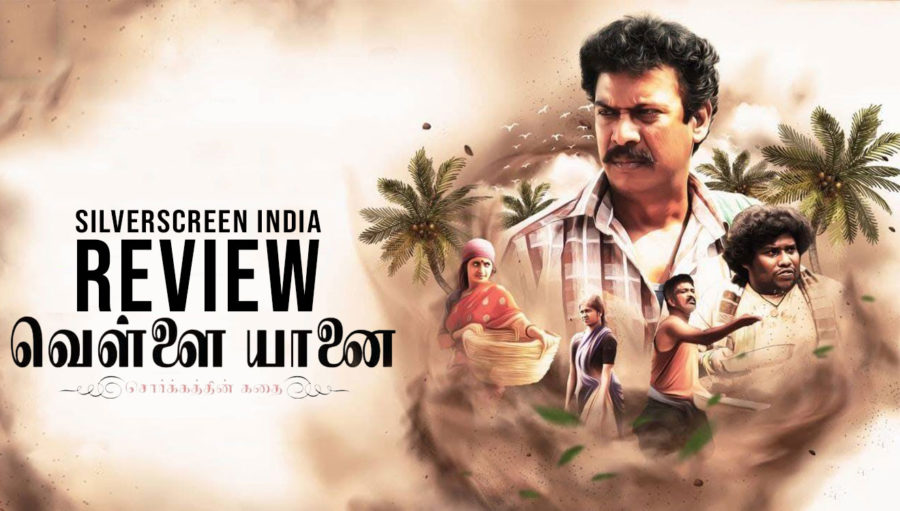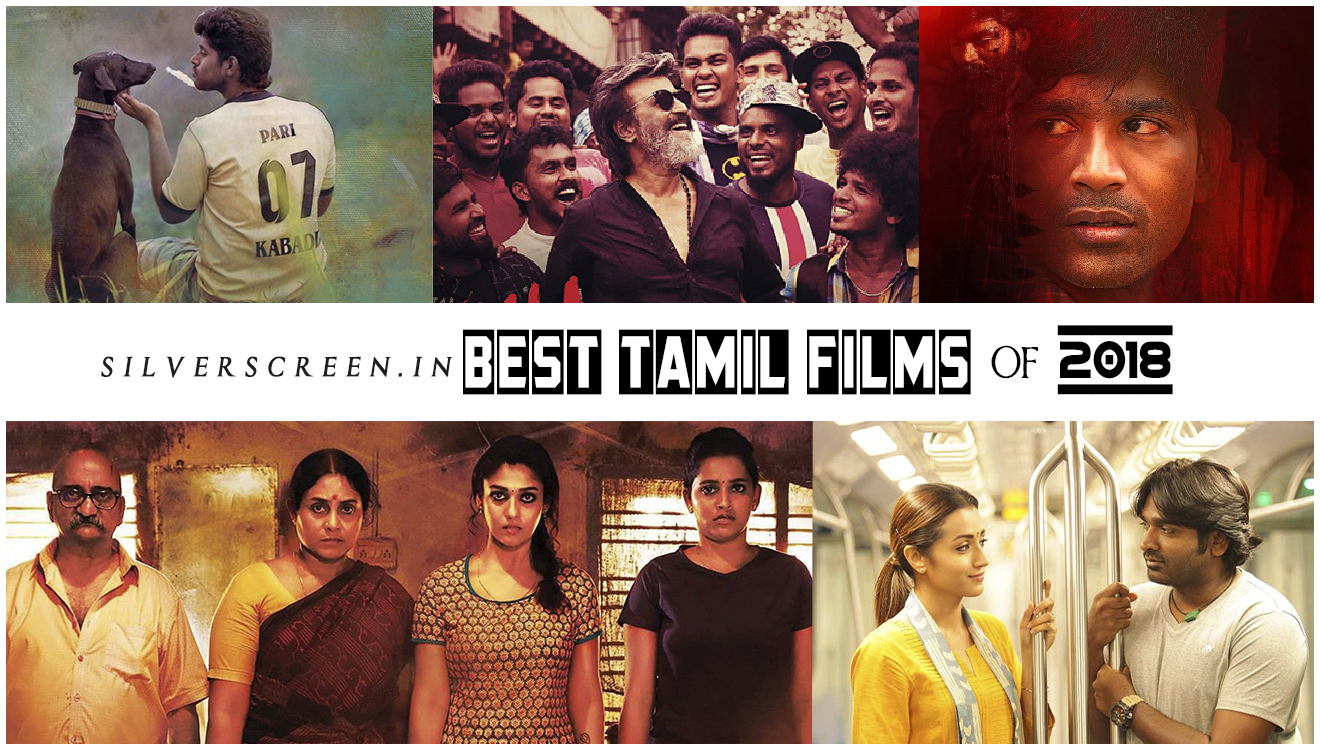The lightest moment in Vellai Yaanai arrives an hour into the film. Yogi Babu features in the role of a disgraced villager, ostracised from the community for a crime. He survives, moves elsewhere, and soon starts to make a good living. His fellow villagers – whose farmlands have now ceased to feed them – are plunged into misery. They decide to look for other means of sustenance, and find themselves at Babu’s door. Babu is welcoming, but visibly startled when asked to take them on as apprentices. His wife sidebars. This could be an opportunity to reclaim your dignity, she demurs. Let them begin by calling you KK?
Yogi Babu as Kozhukattai is splendid. He reacts to people, to situations, the landscape. Place him in a romantic parody with Nayanthara, as a political pawn in the squalor of Mandela, or in the role in Vellai Yaanai which relies on him to magic away its heavy themes, Babu seems to know them all intimately. He knows what to do. Those are the themes that find him – inadvertently or no. In Kolamaavu Kokila, he knew he had to give way to the star power of Nayanthara. He knew he had to be laughed at – even though, come to think of it, he was courting her. The role’s narration would have made many a mainstream hero squirm. In Mandela, he was the plot – alive, kicking, screaming and laughing, he was the pivot, the centre on which the film spun. In Vellai Yaanai, Babu is a realist. Pragmatic, matter-of-fact, his humour sharp-edged. He bridges – and balances – the two moods in the film. One, completely owned by Babu himself, and the other, in the sole capacity of Samuthirakani.
Samuthirakanai is Vella Kunji, a farmer belonging to the same village – somewhere in Thanjavur. His naïveté is a vital plot function; he bestows his trust on bank officials who press agricultural loans on villagers at “low interest rates”, indulges in some poker-faced romance, marries, reproduces – lives the average life. Well, as average a life as a farmer whose survival is subject to the temperaments of the weather and the government, can lead anyway.
On their wedding night, Vella Kunji – in a gallant attempt at making conversation – wonders at his wife’s strange name. It’s the kind of situation, especially when scripted, calls for an actor with a certain proclivity to wit, an actor with a different positioning than what Samuthirakani can offer. The elements are right there, the joke stares at you – and yet, there’s no laughter. Her name, by the way, roughly translates to I-have-had-enough.
But this attribute, this bizarre nomenclature of Vellai Yaanai’s lead characters serves as an effective introduction to its tale. The characters’ names are deliberately indifferent, natural to the landscape, and yet, at the same time, with an odd throw-away quality about them. They slip into place with ease – farmers whose needs and wants and necessities are barely recognised that their welfare remains a mere afterthought to the powers that be.
Recommended
But where Vellai Yaanai rises above scripts that discuss similar themes is when it presents Yogi Babu who delivers a contrarian perspective with characteristic disregard – not on the cause or plight of his fellow villagers, but on survival itself. Kozhukattai shows them tough love, hustles his folk to swim against the tide, and uses humour as a whip to help them stay afloat until they hit upon an ideal means of sustenance. It’s not perfect. It may not be right. But it certainly deviates enough from the mainstream to give pause.
*****
The Vellai Yaanai review is a Silverscreen original article. It was not paid for or commissioned by anyone associated with the movie. Silverscreen.in and its writers do not have any commercial relationship with movies that are reviewed on the site.



